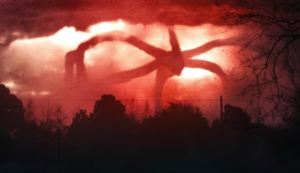

World-building is essential for every story, but obviously genre will have a major influence on how much our story requires. Setting, though not technically world-building, can also add an entirely new level of dimension to our stories. World-building is setting, but taken to a whole new level.
This might be a personal pet peeve of mine, but I HATE books that forget to add any setting. There are few things more jarring than to make it 20 or 30 pages in only to realize the story is set in winter, or in the 19th century, or the character is in a magical forest.
Yes, I know a lot of these details I ‘should know’ from the cover/story description. But, when writing, assume we bought your book in a garage sale with no cover.
World-building can be subtle or it can be SO expansive that the world, itself, becomes a character unto itself. Think Dune, Dr. Who, any popular Marvel or DC line, Star Trek, Star Wars, LOTR, Stranger Things.
Yes, science fiction and fantasy are what most people think of when one mentions ‘world-building’ but techno thrillers like The Hunt for Red October or even crime procedurals like Rizzoli & Isles or NCIS also must create a world the audience understands.
Most people don’t automatically know how an autopsy works, or the inner workings of intelligence agencies and nuclear subs. This is where world-building is key.
World-Building Bible
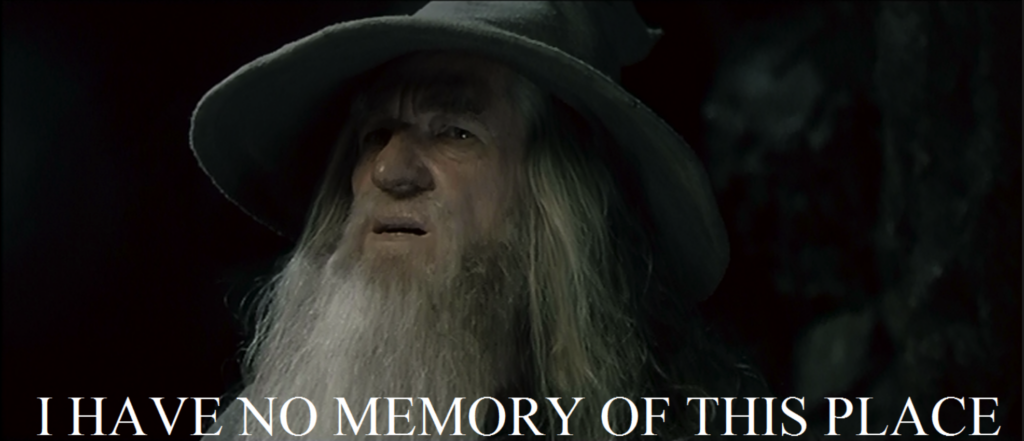

Before we go any further, for the record, I have an upcoming class, World-Building 101 because this topic is way too expansive for one blog post. Today, we are taking a 50,000 foot view of the subject.
The more expansive your world-building, the more important it is to create a world-building bible (similar to a story bible). This is to help you keep track of what’s what and what isn’t. The more world-building we have, then the better records we need to keep. If we break our own rules, the readers WILL notice and they can be very unforgiving.
In your bible, you’ll detail out any magic or technology, how it works or doesn’t. This will make it simpler for you to go back and refer to as you’re writing.
Spells & Superman Syndrome
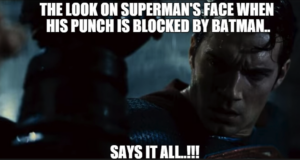

Fantasy can run the spectrum of how much detail is necessary. There are the quick ‘sword and sorcery books’ like the old Dragonlance series that really is pretty straight forward basic RPG-ish writing. Harry Potter? That is an entirely new level of detail. The more details, the bigger the bible.
Make sure magic has limitations and exacts a cost.
Characters that are too perfect are BORING. I call this “Superman Syndrome.” Superman was the first superhero as we know them in the modern age. Superman, over time, unlocked so many powers that, even the writers admit that it was incredibly difficult to tell new stories with this character.
He’s inhumanly strong, faster than a speeding bullet, could leap buildings in a single bound, and FLY and even REVERSE TIME!
Superman’s ONLY weakness was… kryptonite (an extremely rare substance, particles of his decimated home world).
ZZZZZZZ
In fact, back in the early days of DC, creators gave Superman every kind of power one could imagine and what happened? Readers (and writers) soon became bored.
Magic Needs Boundaries
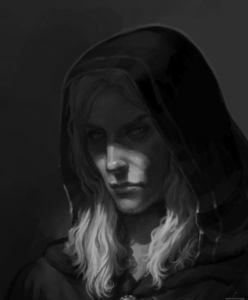

The same thing can happen with magic. If a character can do everything and anything with just the wave of a wand or a quick spell, then they’re never really in peril. Neither are those around them.
Since peril is the lifeblood of story, we can unwittingly kill our story before it ever begins by making any character too powerful.
Thus, when envisioning how magic works, make certain it has limitations, requirements and that is might not be as dependable and the character would like.
As an Old School D&D Nerd (before it was cool), magic was dependent on mana, a form of raw magic one might liken to The Force in Star Wars. The more inexperienced a magic user, the less mana they had access to. This is what a) limits their spell casting b) the power/efficacy of a spell and c) duration.
A magic-user needs to level up, obviously. But, at least in D&D, they can meditate or study to learn more magic, level-up, and replenish mana. Few things are more frustrating in a battle than for your magic-user to redline on mana (since magic-users generally are not fighters).
But, say we leave D&D behind. One of my favorite examples of magic having limitations was in a series called Carnivale. Ben Hawkins finds refuge with traveling carnies during the Dust Bowl. He can heal the sick and even raise the dead…but at a price. He must ‘steal’ life from another source to ‘give’ life.
There is a powerful scene where a young child drowns in a stock tank. Ben revives the child and, moments later, all the fish in the pond float, dead, to the surface. This is why Ben must be extremely careful how, when, where and why he uses his power.
World-Building and Technology


Obviously, science-fiction is another genre that uses a lot of world-building. Again, one can keep it simple, such as is the case with Star Trek. Yes, there is a bit of world-building such as tricorders and dilithium crystals, etc. but it isn’t very in depth and largely relies on suspension of disbelief.
If, however, we get into hard science fiction, that is an ENTIRELY different group of fans (comprised of scientists, engineers, and tech people). Should we create some form of tech, we will need a certain degree of plausibility.
These are the fans who hate/make fun of Star Trek and love The Martian. Since science, math and technology are part of their day jobs, they are a tough crowd. Like doctors trying to watch House or actual detectives trying to watch Miami CSI.
Thus, when choosing what KIND of science fiction you want to write, make sure to keep the audience in mind when creating new tech. I read a lot of articles from Popular Science and Popular Mechanics to give me ideas of up-and-coming technology I can riff off of.
For instance, in the story I am working on, if someone loses a limb, the techs can simply use DNA and essentially a 3-D printer to create one that is good as new with nerves, sinew, etc. While ‘out there’ it really isn’t SO ‘out there’ one couldn’t make a good argument this could eventually exist.
World-Building: Go Easy on the Names
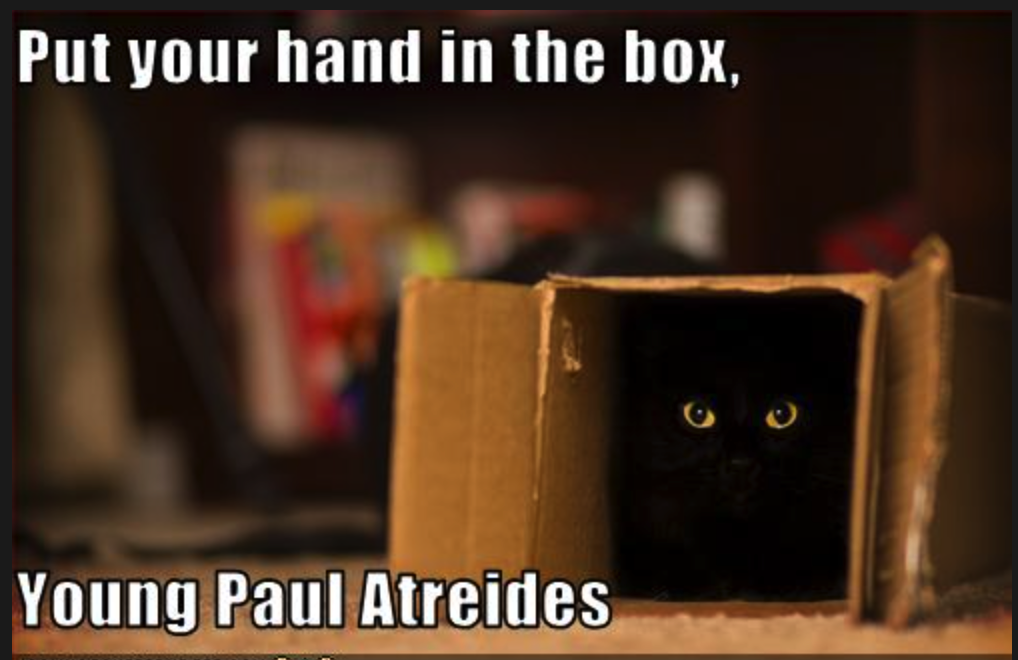

Whenever I read samples, in my The Write Stuff Special (going on now and only 10 slots until July 24th), I get a lot of fantasy and science fiction. One of my MAJOR bugaboos is too many names too quickly.
Remember, especially in the opening pages, we need to hook the audience. If we have to keep up with the name of five characters, a religion, a mountain range, a certain spell, a sword (that is called something other than ‘a sword’) it is a LOT of vocabulary hitting us at one time.
This will make it very easy to lose the reader. I am not saying we cannot have a zillion different names, just not on the first page, please. Also, when it comes to everyday items that are what we’d know on Earth, don’t feel the need to create new words for them.
Even on Earth, a cup has been a cup for centuries. A sword is a sword, a cape is a cape, etc. Though, obviously it is YOUR book, my recommendation is to save made up words for things that are unique. If it is a unique type of ceremonial sword, then fine, call it something else. Just remember your reader is there for a story, not to learn an entirely new language.
Even J.R.R. Tolkien called it a sword, a wagon, a road, a hat.
World-Building & Readers
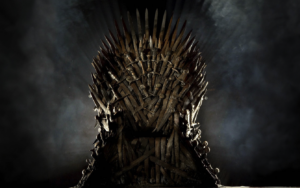

Obviously, the goal of any kind of world-building is to a) help suspend disbelief and b) become a place where readers want to escape. This is where reading/watching series becomes critical. What are the books/series you love? WHY? Can you list elements that captivated your attention? WHY?
What sort of feel are you going for? Are there elements you can reasonably mix together? Hunter by Mercedes Lackey is a fantastic example of mixing ‘fairy tale’ monsters with new creations in a high-tech world. They use magic as well as traditional weapons like modern guns and knives and futuristic force fields.
A Little Bit of Hatred by Joe Abercrombie (Book 1 of The Age of Madness series) is much, much darker. There are kings and castles but also factories. So there is a bit of steampunk blended in. It is very, VERY graphically violent.
While Hunter is ‘violence lite’ and involves a far higher level of technology, A Little Bit of Hatred gives Game of Thrones a run for its money with gore, and the tech is all steam-based.
Not every reader has the desire to read something as weighty as Dune or Lord of the Rings. But, many do (obviously) or they wouldn’t be so enduring.
A lot is going to depend on your personal tastes. If you have not READ a lot of fantasy or science fiction with large-scale world-building, I’d hold off until you do. It is MUCH harder than just making up a bunch of funny-sounding names and tech.
Everything has Inherent Order
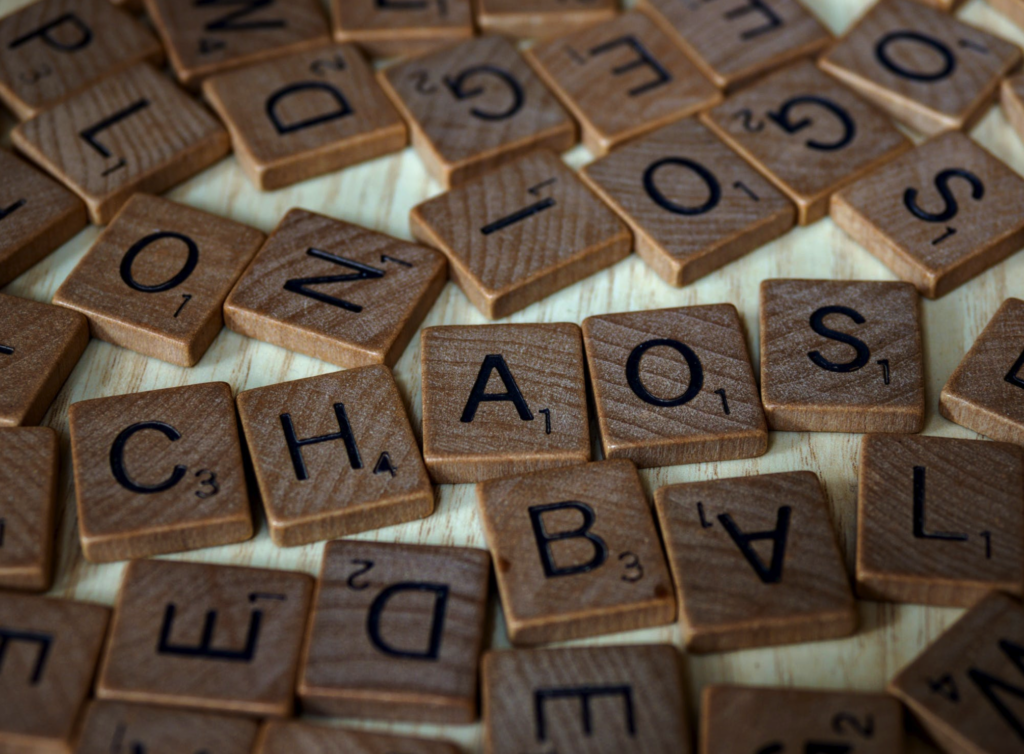

Believe it or not, even though we are allegedly ‘making things up’ we really aren’t. We need to draw from what readers already know so they have some sort of psychological tether. For instance, Dune is about rival houses, but the worlds eerily reflect the age of colonization and the battle over the Middle East.
Arrakis derives much of its beliefs, traditions, and ways of life from what might logically be derived from the Bedouin or other desert nomads. Since we mere Earthlings understand nomadic cultures, we have something to ground us.
Even if one is going to construct an alien language, language has inherent order and logic. Is your made-up language like English which basically just beat up other languages and rifled through their pockets for spare vocabulary?
Or is it more like other languages that have feminine/masculine/and neutral expressions? Even RUSSIAN has masculine and feminine.
Girl is pronounced DYEH-voosh-kah, and boy is pronounced MAHL’-cheek. Notice how, like many other languages, the feminine ends in an ‘ah’ sound. Word order will need to be consistent as well.
In English we have subject —> verb —> adjective—> direct object. Latin-based languages have subject —> verb —> direct object —> adjective.
I live in a white house (English), versus Vivo en una casa blanca or ‘I live in a house white’ (Spanish).
Even totally made up languages will need inherent rules. If we use this language for any amount of time, the ear will pick up on consistency and thus make it ‘seem’ more authentic because it will ‘sound’ like an actual language (just one we don’t understand). Keep this in mind for vocabulary as well.
Yes, I ‘learned’ Klingon back in my teenage years. One more thing that made being a Trekkie just that more fun.
World-Building Reality


World-building isn’t just for science fiction or fantasy. The regular everyday person doesn’t understand how crime scenes work (NCIS), how detectives do their job (Rizzoli & Isles), the way the bridge of a submarine runs (The Hunt for Red October), how pilots learn to fly fighter jets (Top Gun).
Even genres like mystery, thriller, suspense, will need a degree of world-building. I am from a military home and also have been a competitive shooter. Even NCIS sometimes irritates me.
You just positioned your agents on top of the building like that? You WANT a crossfire? Because this is how you get a crossfire.
It really is in the details.
If we set our story in another time period, appreciate that most readers (aside from history nerds) might not know the ins and outs of that age. Just be VERY CAREFUL about anachronisms.
Anachronisms are actually a bugger in pretty much all world-building. I once read a story that was set in King Arthur times (armor, knights, kings, castles), but a small boy was playing with a toy train. Um…NO. Unless the story is one of those creative hybrids I mentioned earlier? NO.
I hope this gives y’all a good start about what you need to keep in mind when building your world. Would love to see you in class, obviously. We’ll go into SO much more detail. World-building covers WORLDS so yes, it is a lot.
BUT, when done properly, authors have the pleasure of seeing fans in costumes, conventions, adding in their own fan fiction, etc. Our books can become a far richer experience that takes on a life of its own.
What Are Your Thoughts on World-Building?
What are some of your favorite worlds? Obviously, I LOVE Dune but I am a huge fan of Stranger Things’ Upside Down. I remember inhaling Dragonlance books like candy because I was a nerd when that wasn’t exactly cool and loved the escape. That and I had a crush on Raistlin Majere, thereby proving emotionally unavailable men are weirdly attractive to many girls and women.
I LOVE hearing from you! And if y’all have topics you’d like me to cover, put them in the comments. I am over 2000 blogs in and it gets a bit tough after a while.
Remember I am running The Write Stuff Special and grab a slot because there are only ten available and they fill up QUICKLY. In depth edit of your first 20 pages for $55.
CLASSES!
***All classes come with a FREE recording
NOW ON DEMAND!
ON DEMAND: Bring on the Binge: How to Plot a Series
SIGN UP HERE. Use New10 for $10 off
ON DEMAND: The Art of Character: Writing Characters for a SERIES
SIGN UP HERE Use New15 for $15 off
LIVE Classes
Spilling the Tea: Blogging for Authors
Thursday, July 14th, 7:00-10:00 P.M. NYC Time. 2022 SIGN UP HERE and Use New25 for $25 off
The Dark Arts: Building Your Villain
TUESDAY, July 19th, 2022, For more information, sign up HERE and use New20 for $20 off
World Building 101: Playing ‘Author GOD’
THURSDAY, JULY 28th 7:00 PM E.S.T. to 10:00 P.M. EST HERE
Use New15 for $15 off
Workshop
Practice Your Pitch: Master the Log-Line WORKSHOP
Thursday, August 4th, 7:00-9:00 P.M. NYC Time. This is a TWO-HOUR INTERACTIVE WORKSHOP!
For more information, SIGN UP HERE.
